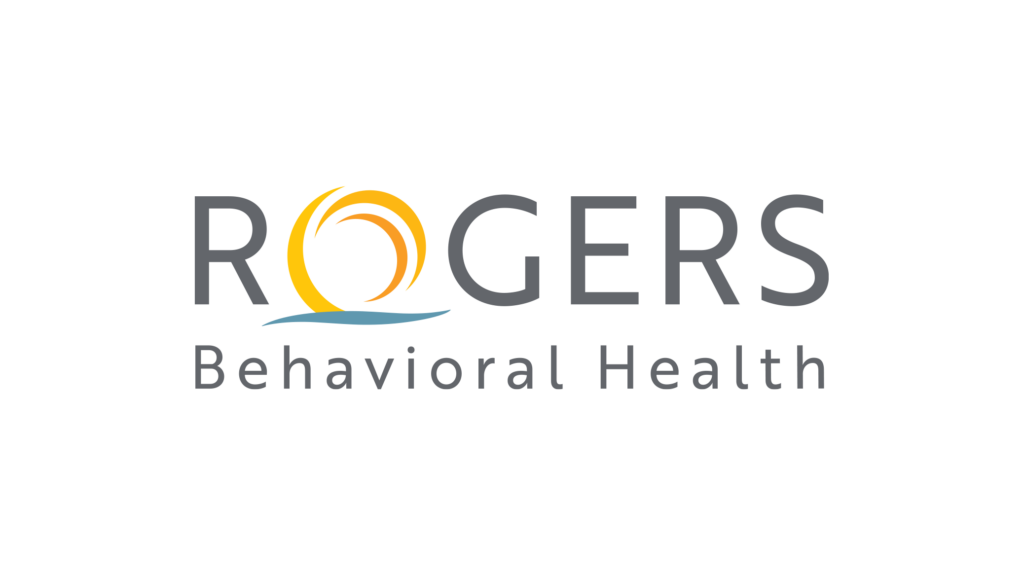New residential program FOCUS builds on clinical expertise
Losing interest in activities, withdrawal from family and friends, and sadness can be part of the daily struggle when fighting severe depression or other mood disorders. Behavioral activation – a major component of treatment in a new residential program at Rogers — addresses these struggles.
Building on Rogers’s foundation of evidence-based care through cognitive behavioral therapy (CBT), on February 10, Rogers opens FOCUS, a residential program for young adults with depression and other mood disorders. For these patients experiencing a difficult transition to adulthood, behavioral activation is one key building block toward recovery.
But what exactly is behavioral activation?
As a treatment for depression and other mood disorders, behavioral activation is based on the theory that, as individuals become depressed, they tend to engage in increasing avoidance and isolation, which serves to maintain or worsen their symptoms. The goal of treatment, therefore, is to work with depressed individuals to gradually decrease their avoidance and isolation and increase their engagement in activities that have been shown to improve mood. Many times, this includes activities that they enjoyed before becoming depressed, activities related to their values or even everyday items that get pushed aside such as:
- Exercising
- Going out to dinner
- Improving relationships with their family members
- Working toward specific work-related goals
- Learning new skills and activities
- Showering regularly
- Completing household chores
It is also important to examine sleep routines and eating habits and work toward normalizing these, as sleep and diet often change when individuals become depressed.
To assist with learning about how an individual’s activities affect his or her mood, with behavioral activation individuals are often asked to complete activity monitoring. This involves having the individual write down which activities he or she completes throughout the day (or week), with mood ratings for each activity. This allows the treatment provider to identify patterns in behavior, including avoidance, and to help increase engagement in behaviors that are related to improvements in mood. Often, additional strategies are needed to help individuals remember to complete assignments, gain the necessary skills to do various assignments and work toward their goals, while at the same time managing the uncomfortable emotions that may arise during different activities when one feels depressed.
Throughout treatment, increasingly challenging activities are assigned as the individual experiences improvements in mood and engagement in specific types of activities.
Watch for more information on the new FOCUS residential program. For a free screening for any of Rogers programs, call
1-800-767-4411.


